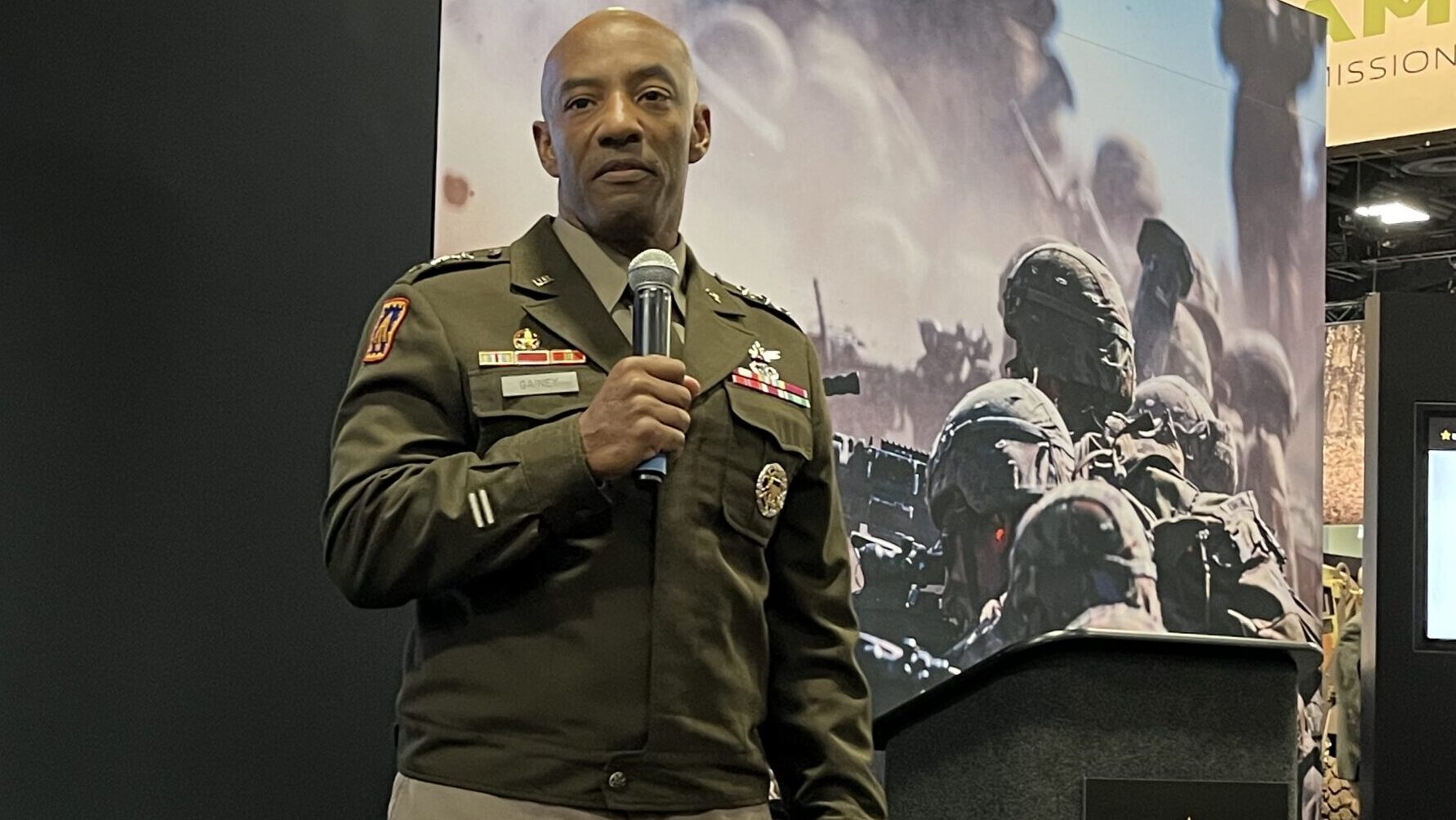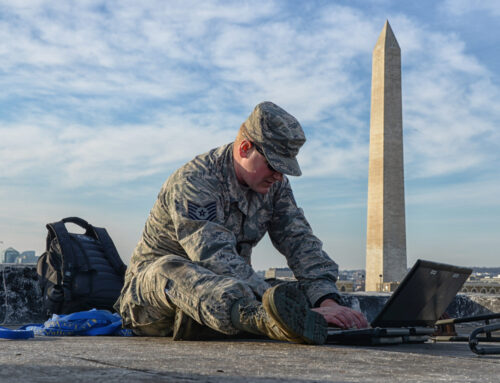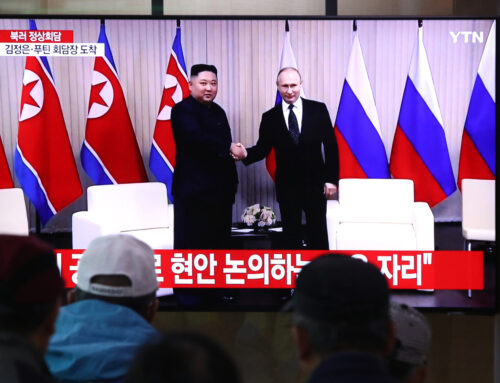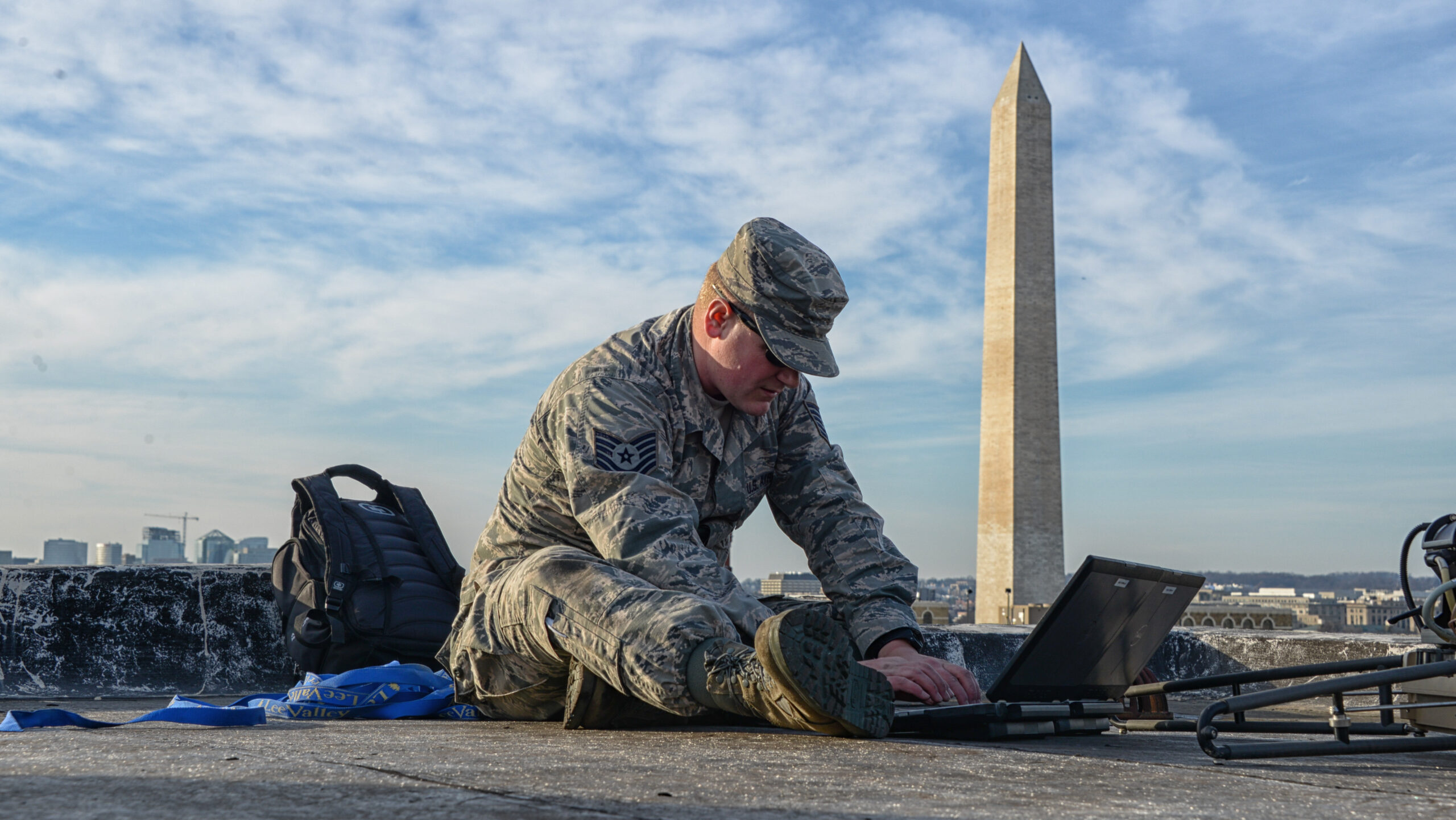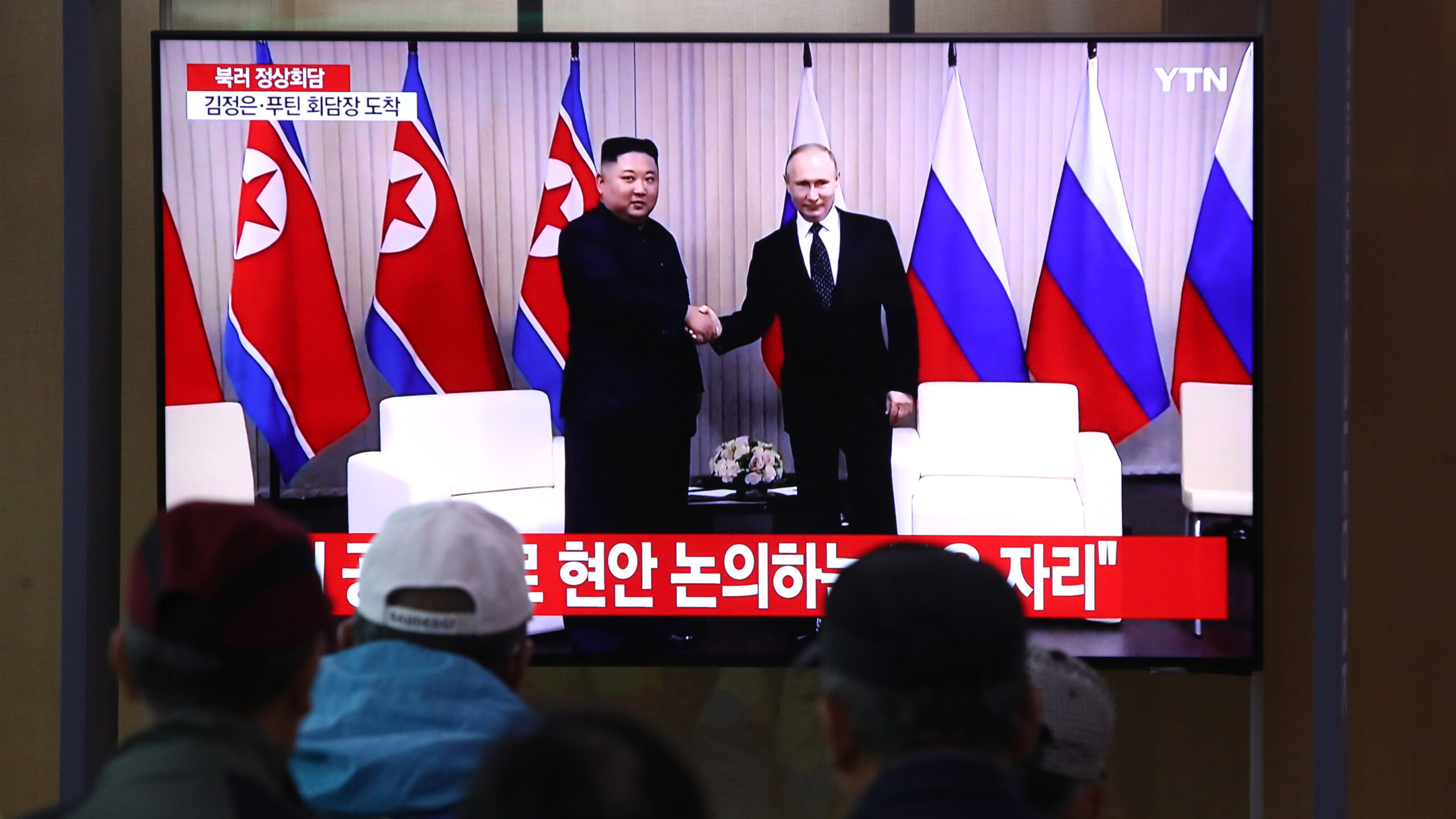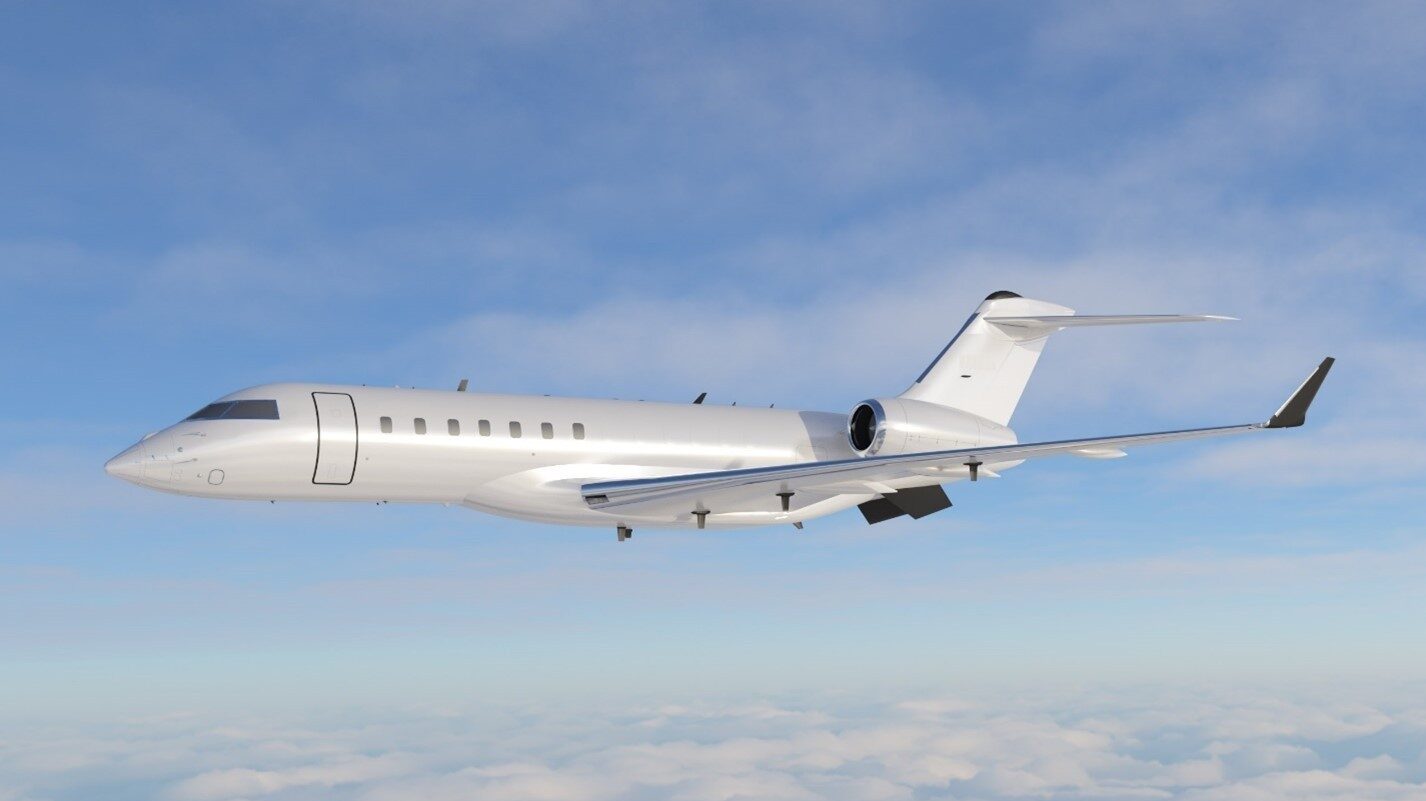Lt. Gen. Sean Gainey, commander, Army Space & Missile Defense Command, speaking at AUSA 2024 on Oct. 14. (Photo credit: Theresa Hitchens/Breaking Defense)
AUSA 2024 — Army Space and Missile Defense Command (SMDC) is working to lower the classification levels of its space capabilities as part of a wider effort to improve its ability to work with allies and partners, senior command officials said today.
“We’re currently in a rewrite of our security classification guide to open up the aperture,” Col. Donald Brooks, commandant of the Space and Missile Defense Center of Excellence (SMDCOE), told the Association of the US Army conference today.
SMDCOE is responsible “for managing Army change to doctrine, organization, training, materiel, leadership and education, personnel, facilities and policy,” according to the SMDC website.
“But I would argue, as we’re developing capabilities we need to do a better assessment: ‘Is it state of the art versus state of the world?’ I would say that there’s a lot of things that come out, and we’re developing, that are state of the world, but we put way too tight restrictions on that security classification, and then we ignore our partners,” he said. “And as we all understand, space is inherently joint, multinational and a commercial enterprise, and we’ve got to figure out ways that we can more effectively and efficiently integrate our entire partners, the entire suite of partners, to [solve] a problem set.”
While loathe to promise a completion date for the effort, Lt. Gen. Sean Gainey, SMDC commander, said the command “understands the urgency” of being able to bring allied and partner space capabilities into the fight.
Army officials see space capabilities as critical to implementing both its own multi-domain task force concept, but also the Pentagon’s ambitious Combined Joint All Domain Command and Control (CJADC2) plans. And lowering space classification levels, the SMDC officials stressed, is critical to both sharing information with allied and partner nations, and being able to operate together on the battlefield.
Col. Mark Cobos, head of SMDC’s 1st Space Brigade, told Breaking Defense in an Oct. 7 interview that the command and the brigade are already “making progress” in creating allied partnerships — starting with the United Kingdom.
“At the top of that list is our partnership with the UK and UK Space Command, and a relationship that has just absolutely blossomed [recently] because of mutual interest and mutual philosophies about how to conduct operations,” Cobos said.
“I can’t say enough about the strength and the magnitude of the partnership between Army space and our UK counterparts, just just being an incredible story of of not only security cooperation, but the strength of the security cooperation, but the strength of the Alliance, and just the tremendous things happening there,” he added.
Command Master Sergeant Maurice Tucker told the AUSA audience that the 1st Space Brigade has been talking with the UK about tactics, techniques and procedures, as well as “employment opportunities, employment processes, and how they can employ their systems much like how we utilize ours, so that we’re building that common space.”
Meanwhile, SMDCOE is planning “an exchange program” under which a UK Space Command instructor will come to the center’s space education “schoolhouse,” and vice versa, Brooks said. The center also is in discussions with Australia and New Zealand about doing the same, he added.


